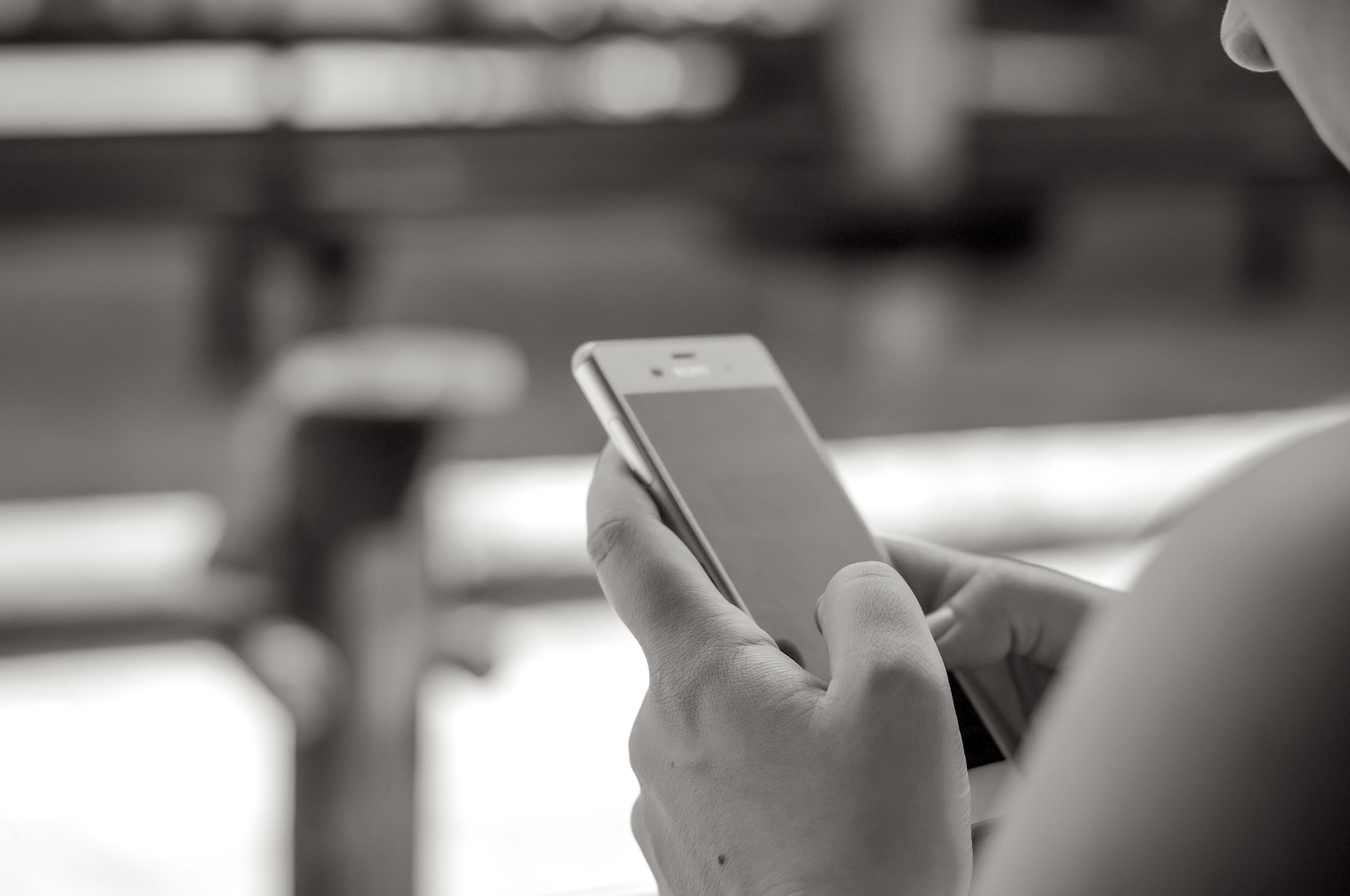Some people are dumping their smartphones and returning to old-fashioned hand-held devices. Eddie Redmayne did so in 2016, stating, “It was a reaction against being glued permanently to my iPhone during waking hours. The deluge of emails was constant.”
“Flip phones… are back, with low prices, great battery life and some modern conveniences,” noted The Wall Street Journal back in April. Smartphones can be addictive and everyone has a right to switch to a cell phone or no phone at all. That said, let’s remind ourselves of the positive changes that smartphones have brought into our lives.
In the 1987 Oliver Stone movie Wall Street, Gordon Gekko, an immensely wealthy investor played by the actor Michael Douglas, walks on a beach, watching the sunrise, and talking on his Motorola DynaTac 8000X phone. “I wish you could see this,” he says to his young protégé Bud Fox back in New York, “Light’s coming up. I’ve never seen a painting that captures the beauty of the ocean at a moment like this.” When it was released in 1983, DynaTac was the world’s first handheld mobile phone. It weighed two pounds, took 10 hours to charge and offered 30 minutes of talk time. In 1984, the phone cost $3,995. That’s $10,277 in 2018 US dollars.
As late as 1990, mobile phones were so expensive that only 2 per cent of Americans could afford them. In 2017, there were 225 million smartphones in the United States alone. Globally, the number of smartphone users is forecast to grow from 2.1 billion in 2016 to around 2.5 billion in 2019. Over time, mobile phones became smaller and cheaper. They also became much more powerful and useful. Today, a Nigerian coal miner in South Africa can use a phone app to send money to his mother in Lagos. A Congolese fisherman can be warned about approaching inclement weather. A Maasai herdsman can find out the price of milk in Nairobi. All of humanity’s knowledge, which took millennia to accumulate, can be accessed easily and instantaneously — via a smartphone.
Consider also the impact of smartphones on politics. From the Arab Spring in 2010 to the pro-democracy protests in Hong Kong in 2014, cell phones, smartphones and a variety of social media apps enabled ordinary people to access censored content and share it. Cellular technology enables the citizenry in authoritarian countries to communicate in encrypted ways and to organise. As Redmayne found out, cell phones come with traps of their own, but, when used wisely, they can be a tool of liberation.
Finally, consider dematerialisation — the process of declining consumption of goods and energy per unit of gross domestic product. The smartphone combines functions that previously required a myriad of separate devices, including a telephone, camera, radio, television set, alarm clock, newspaper, photo album, voice recorder, maps, compass, etc. The emergence of the smartphone does not mean that all the other devices will disappear. But we are using them less and less.
The potential savings in terms of energy and materiel are immense. According to one study, smartphones can reduce material use by a factor of 300. They can reduce power use by a factor of 100 and standby energy use by a factor of 30. They can also reduce the embodied energy use, which denotes energy consumed by all of the processes associated with the production of a building, from the mining and processing of natural resources to manufacturing, transport and product delivery, by a factor of 20.
Dematerialisation, in other words, should be welcome news for those who worry about the perceived conflict between the growing world population on the one hand and availability of resources on the other. While opinions regarding availability of resources in the future differ, dematerialisation can help us go on enjoying material comforts and be good stewards of our planet at the same time. That is particularly important with regard to the people in poor countries, who ought to have a chance to experience material plenty in an age of rising environmental concerns.
All in all, smartphones have brought many benefits to humanity. Whether we use them judiciously or injudiciously is up to us. That, of course, is the case with all technologies.
Originally published on CAPX.







